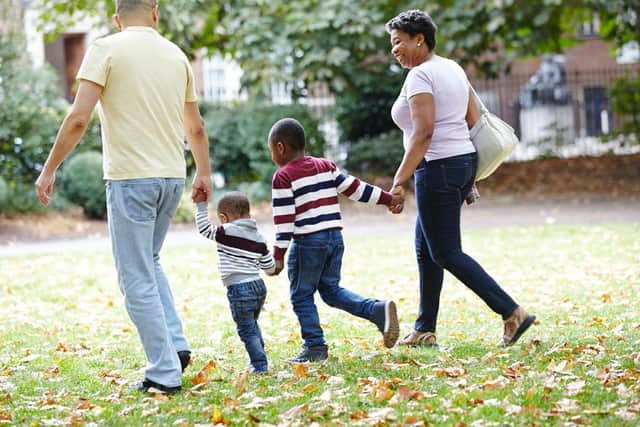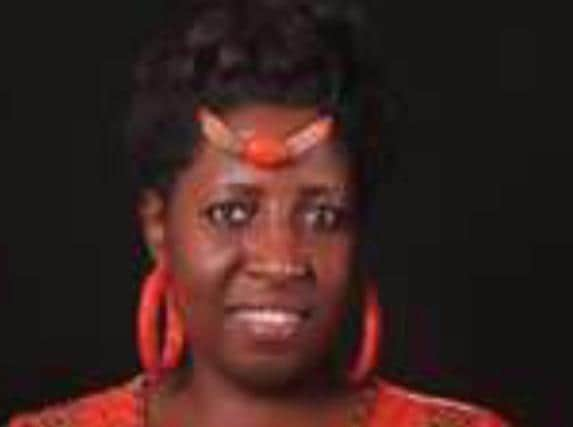African community leader suggests changes to encourage more ethnic minority foster carers in Northamptonshire
and live on Freeview channel 276
That is according to Rutendo Nyatsine, the founder of the United African Association, which represents around 12 different African groups in the county.
The Zimbabwean national believes there is not enough awareness of fostering in black communities and often those who volunteer are rejected as they do not meet the requirements.
Advertisement
Hide AdAdvertisement
Hide Ad"We feel our community does not have enough information explaining to them what fostering is," she said.


"It's not something that is in our culture formally but we do look after children from other families.
"But we don't know the legalities that might stop us from fostering a child which the council knows but most people in our community don't know about them."
In 2018/19, 18.1 per cent of foster children in Northamptonshire were non-white, nearly three times the percentage of foster carers from ethnic minorities, according to Ofsted.
Advertisement
Hide AdAdvertisement
Hide AdRutendo, who lives in Southfields, Northampton, believes it is important for foster children to remain in families from familiar cultures to preserve their identity and avoid issues as they grow up.


"Those who grow up with other cultures, if they fail to fit in they can develop issues and van end up moving away from their foster carers to supported living which can lead to drug issues," she said.
In the African community, it is particularly hard for girls as they traditionally confide only in female carers like a mother or aunt whereas boys are supported by both genders, Rutendo said.
She believes there is no lack of interest in looking after children in need of a home but people are either unaware of the possibility or do not meet the demands set by the social care authority.
Advertisement
Hide AdAdvertisement
Hide Ad"I tried to foster once, as did my pastor, but we didn't get any further because from the beginning the requirements were not something we could do," she said.
"But we could foster an African child better than anyone meeting the requirements that are not from our community."
Rutendo said things that are not issues in African culture like not having a separate room for the child or being deemed to not have enough time or money were reasons for being rejected.
"In our culture we have our own ways of raising children which sometimes is not how the council sees as the proper way but it is in our culture," she said.
Advertisement
Hide AdAdvertisement
Hide AdA spokesman from Northamptonshire County Council, which manages the fostering service in Northamptonshire, said: “We continue to actively recruit foster carers from all backgrounds to provide vulnerable children and young people in the county a loving and stable home.
"When placing a child it is important to consider the family’s ability to respond to all of their needs, including those associated with ethnicity, language and culture.
"And in those circumstances when the family’s background is different to that of the child, it is important that they value and promote those aspects of the child’s identity as this will help ensure that the child develops confidence and self-esteem.”